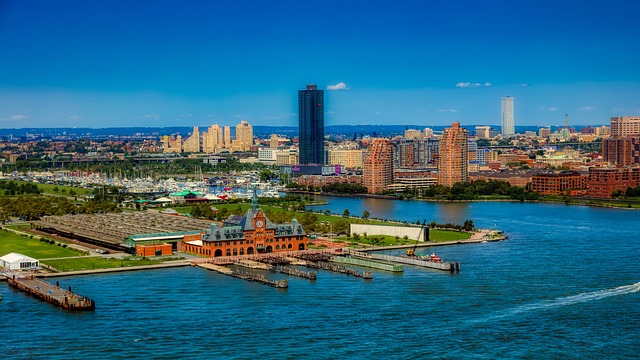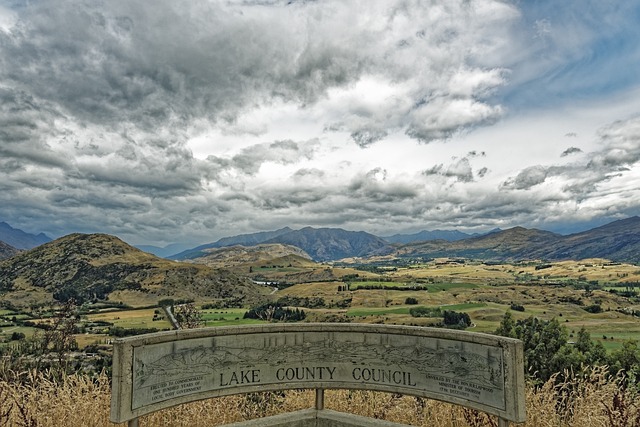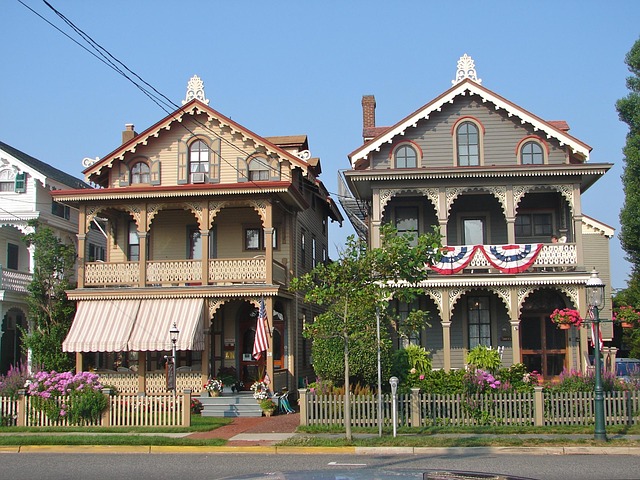Newark, nestled in Essex County, New Jersey, is a vibrant city with a rich history and diverse culture. Once a colonial village and major port during the Industrial Revolution, it has evolved into a multicultural metropolis known for its lively neighborhoods, art parks, and culinary scene. Today, Newark is experiencing economic revitalization through technology, healthcare, education, and creative industries, solidifying its position as an emerging economic powerhouse within Essex County, New Jersey.
“Newark, NJ, nestled in the heart of Essex County, is a vibrant city with a rich historical tapestry. This introduction explores Newark’s diverse landscapes—from its industrial past to its cultural melting pot and economic rebirth. Delve into the city’s unique identity through its iconic landmarks and understand why it stands as a thriving hub within Essex County, New Jersey. Discover how Newark’s journey reflects the resilience and diversity of this dynamic region.”
- A Historical Perspective: Newark's Journey Through Time
- Geography and Demographics: The Heart of Essex County
- Cultural Diversity: A Melting Pot in the City
- Economic Landscape: From Industrial Powerhouse to Revitalization Efforts
- Iconic Landmarks and Attractions: Exploring Newark's Identity
A Historical Perspective: Newark's Journey Through Time

Newark, located in Essex County, New Jersey, boasts a rich and diverse history that spans centuries. Established in 1666 by Dutch settlers, it has evolved from a small colonial village to a vibrant metropolis. The city’s journey is marked by significant milestones, including its role as a major port during the Industrial Revolution and its transformation into a cultural hub in the 20th century.
Over time, Newark has witnessed diverse communities come and thrive, leaving an indelible mark on its identity. From being a gateway for immigrants seeking new opportunities to becoming a center for arts and innovation, Essex County’s largest city has navigated through periods of growth, challenges, and renaissance. This historical perspective showcases Newark’s resilience and adaptability, shaping it into the dynamic urban center it is today.
Geography and Demographics: The Heart of Essex County

Nestled in the heart of Essex County, New Jersey, Newark is a vibrant city that serves as a bustling hub for both business and culture. Geographically, it’s situated along the Hudson River, offering breathtaking riverfront views and easy access to major transportation routes, including interstates and rail lines. This strategic location has contributed to Newark’s rich history as a diverse and dynamic community.
Demographically, Newark boasts a population of over 270,000 residents, making it one of the most populous cities in New Jersey. The city is known for its cultural diversity, with a mix of various ethnic backgrounds, contributing to a unique tapestry of neighborhoods. This diversity is evident in the city’s cuisine, festivals, and vibrant arts scene, reflecting the rich heritage of Essex County, New Jersey.
Cultural Diversity: A Melting Pot in the City

Newark, NJ, located in the heart of Essex County, is a vibrant city known for its cultural diversity. The metropolis has evolved into a melting pot where people from various ethnic backgrounds and cultures coexist harmoniously. This rich tapestry of communities contributes to a dynamic and multifaceted urban experience. From bustling neighborhoods with lively markets to tranquil parks showcasing diverse art forms, Newark celebrates its multicultural identity.
The city’s culinary scene is a testament to its cultural diversity, offering everything from authentic Italian eateries to mouth-watering Caribbean cuisine. Festivals and community events throughout the year further highlight the area’s vibrant tapestry, welcoming folks from all walks of life to come together, fostering a strong sense of unity in Essex County New Jersey.
Economic Landscape: From Industrial Powerhouse to Revitalization Efforts

Newark, situated in Essex County, New Jersey, has undergone a remarkable transformation from its industrial past to becoming a hub for economic revitalization. Historically, the city boomed as an industrial powerhouse during the 19th and early 20th centuries, renowned for its manufacturing base. Factories once lined the banks of the Hudson River, contributing significantly to the region’s economy. However, with time, the decline of traditional industries left a void that required careful strategic planning and investment.
Today, Newark is actively working towards diversifying its economic landscape. The city has embraced a mix of sectors including technology, healthcare, education, and creative industries. Efforts have been directed at urban renewal, attracting new businesses, and revitalizing historic neighborhoods. These strategies aim to build upon the city’s rich industrial heritage while fostering sustainable growth, positioning Newark as an emerging economic center within Essex County, NJ.
Iconic Landmarks and Attractions: Exploring Newark's Identity

Newark, NJ, is a vibrant city rich in history and culture, boasting iconic landmarks that define its identity. Among these, the Newark Liberty International Airport stands out as a symbol of modern architecture and international connectivity, serving as a gateway to Essex County and beyond. The city’s skyline is also marked by notable structures like the 29-story One Liberty Place, offering breathtaking views of the metropolitan area.
Furthermore, exploring Newark means immersing yourself in its diverse attractions. The Newark Museum showcases an extensive collection of art, history, and cultural artifacts, while the Essex County Museum provides insights into local history and natural sciences. For nature enthusiasts, Washington Park offers a peaceful retreat with beautiful landscapes and recreational facilities, making it a beloved spot for residents and visitors alike. These landmarks and attractions collectively contribute to Newark’s unique character, drawing both locals and tourists to experience its dynamic spirit in the heart of Essex County.






